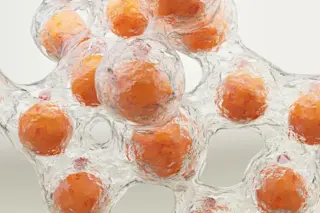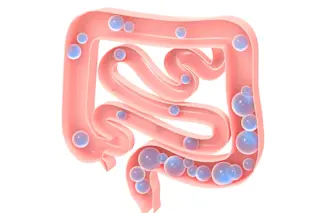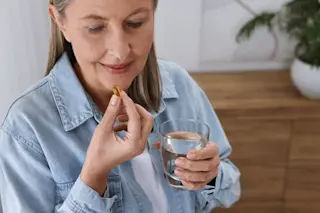After years of hectoring new parents about the need to keep babies protected from the sun's fierce ultraviolet rays, doctors may be about to swing back the other way. A new study shows that many infants and toddlers aren't getting enough Vitamin D, which is produced in human skin during exposure to sunshine. Vitamin D is essential for bone growth and absorption of calcium in the digestive tract, and also plays a role in regulating the immune system. But doctors disagree on the severity of the problem posed by the low vitamin D levels found in the study, and are also divided on what course of action to recommend. In the study, which appeared in the Archives of Pediatrics & Adolescent Medicine, researchers took blood samples from children ranging in age from 8 to 24 months, and found that 40 percent had below-optimal levels of the nutrient, while 12 percent ...
Many Toddlers Lack the “Sunshine Vitamin”
A study highlights the rising concern of vitamin D deficiency in infants, especially among breast-fed babies. Learn more!
More on Discover
Stay Curious
SubscribeTo The Magazine
Save up to 40% off the cover price when you subscribe to Discover magazine.
Subscribe













